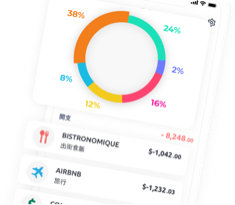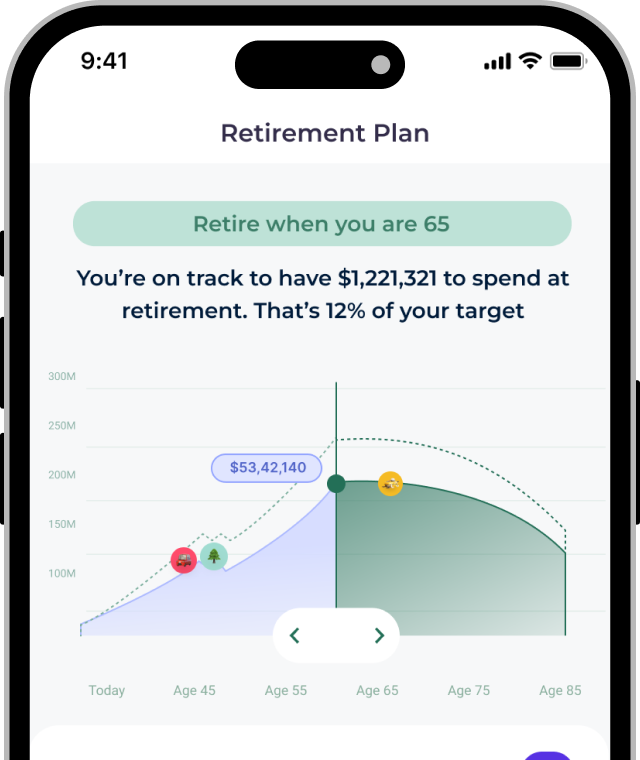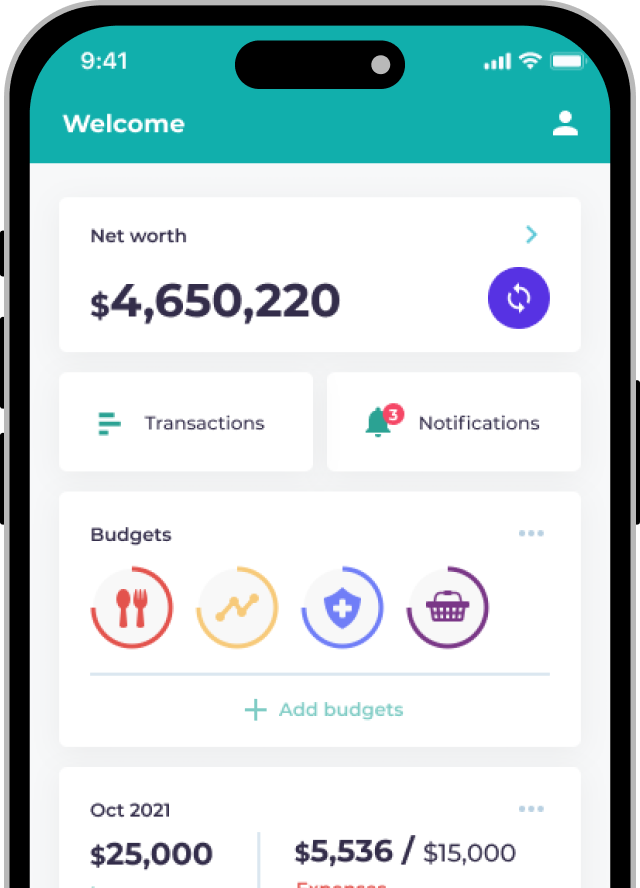What is an ETF (Exchange Traded Fund)?
ETFs (sometimes called index funds) are funds that track a certain benchmark (also known as an ‘index’) as an investment target. They are primarily passive in nature (which is not a bad thing!) and play a very important role in making your portfolio diversified.
The index that an ETF is linked to can cover single market or multiple markets, commodities, sectors or even asset classes! For example, the Hong Kong Tracker Fund (2800) tracks the Hang Seng Index which means it moves almost exactly the same as the Hang Seng Index (both upwards and downwards). Similarly, you also have index funds that track bonds, REITs and more!
How to buy ETFs
Investing in ETFs is the same as buying and selling stocks since they are exchange traded. You set a purchase or sale during the market’s open hours and it’s executed (in mere minutes) rather than the time it takes for traditional mutual funds.. You’ll have to pay the same brokerage commissiosn and transaction fees but can avoid the stamp duty of 0.1%. ETFs do have their own fund management fees, but they are much lower than traditional funds (US ETFs often have management fees less than 0.2%, compared to traditional mutual funds that can be 1% or more).
Benefits of investing in ETFs
- High transparency: The index component and proportion of the ETF directly reflect the fund’s investment portfolio, and investors can easily understand its performance.
- Diversification: ETFs provide portfolios with diversification. For example, rather than picking one stock in the Hang Seng Index, you can invest into all 50 companies in the Hang Seng Index. This can reduce the risk of fluctuation in the market since you get exposure to not just one company, but multiple industries (e.g. financial services, real estate, tech, etc.) – and you just buy one ETF to achieve that.
- Low fees: The cost of buying and selling ETFs is similar to buying stocks, and management fees are much cheaper than traditional funds.
- Flexible management: ETF trading is the same as stocks so you can buy and sell very quickly and easily, compared to managing traditional funds (where you’re often charged a redemption fee as well!). So if your portfolio needs to change, you can adapt it easily.
Where to buy ETFs
-
Securities account: Like buying and selling general stocks, investing through securities firms or banks, with each lot as a trading unit.
- Monthly stock investment plans: You can go for monthly stock plans and buy ETFs in fixed contributions each month. This can help you avoid the issue of large lot sizes and you get to make use of Dollar Cost Averaging.
- In your MPF: If you have a MPF account, you can choose index funds e.g. Tracker Fund.
- Robo-advisors: Investment Robot Consultants are also becoming very popular – they primarily use ETFs to construct their portfolios. They’re very easy to get started with and can tailor a plan for you depending on your goals and risk appetite.
Important information:
Investment involves risks. This information is intended to be educational and is not tailored to the investment needs of any specific investor. This information does not constitute investment advice and should not be used as the basis for any investment decision nor should it be treated as a recommendation for any investment or action. Past performance is no guarantee of future results. The value of investments and the income from them can go down as well as up, so you may not get back what you invest.




![[Investing for Beginners] What are ETFs (Exchange Traded Funds)](https://d3pwh2ime6p0el.cloudfront.net/wp-content/uploads/2019/12/ETF-explained_en-768x402.jpg.webp)













